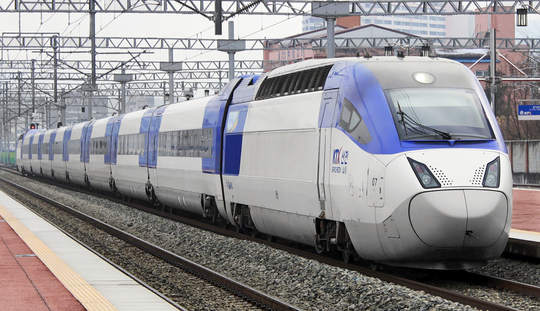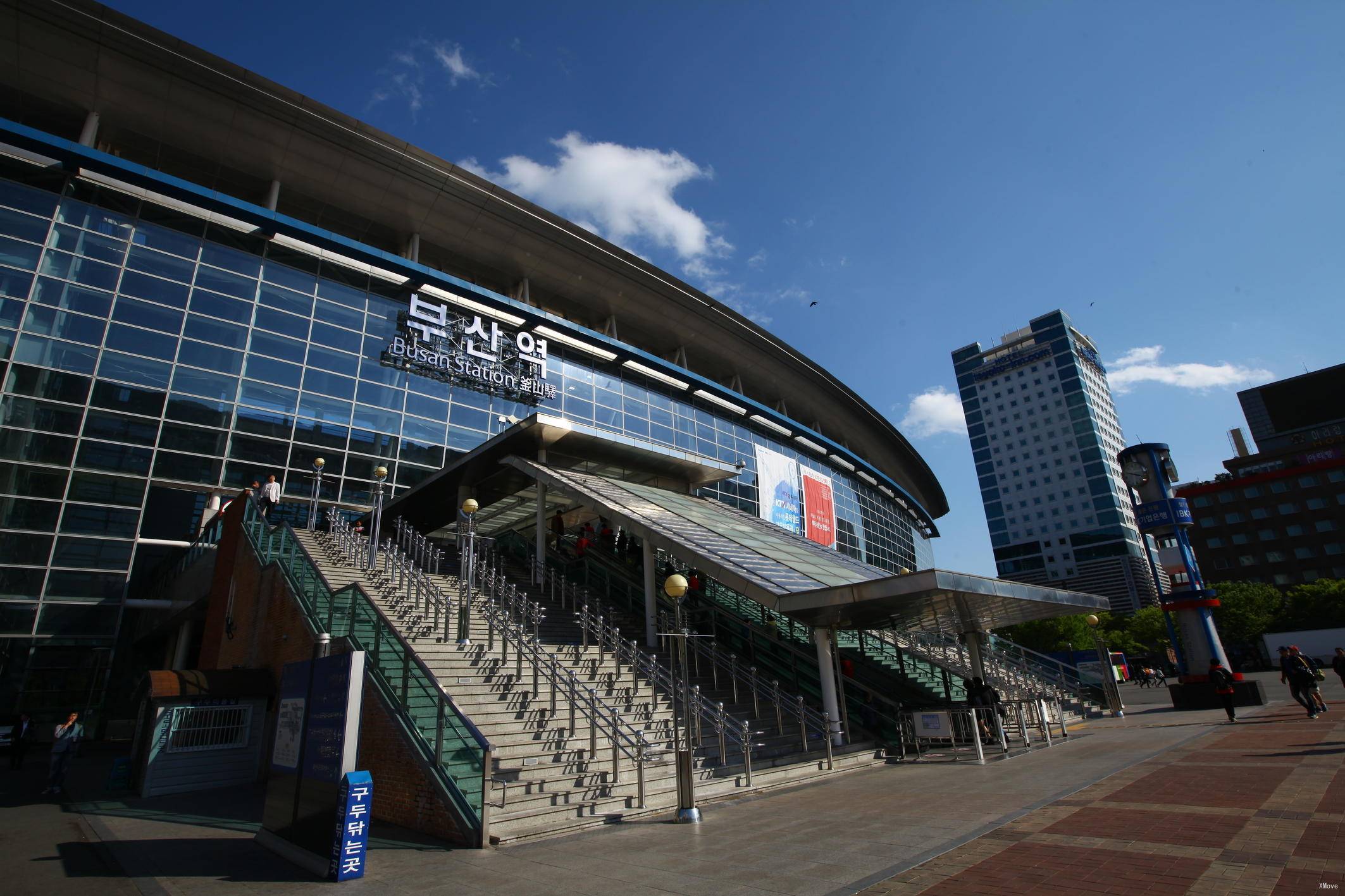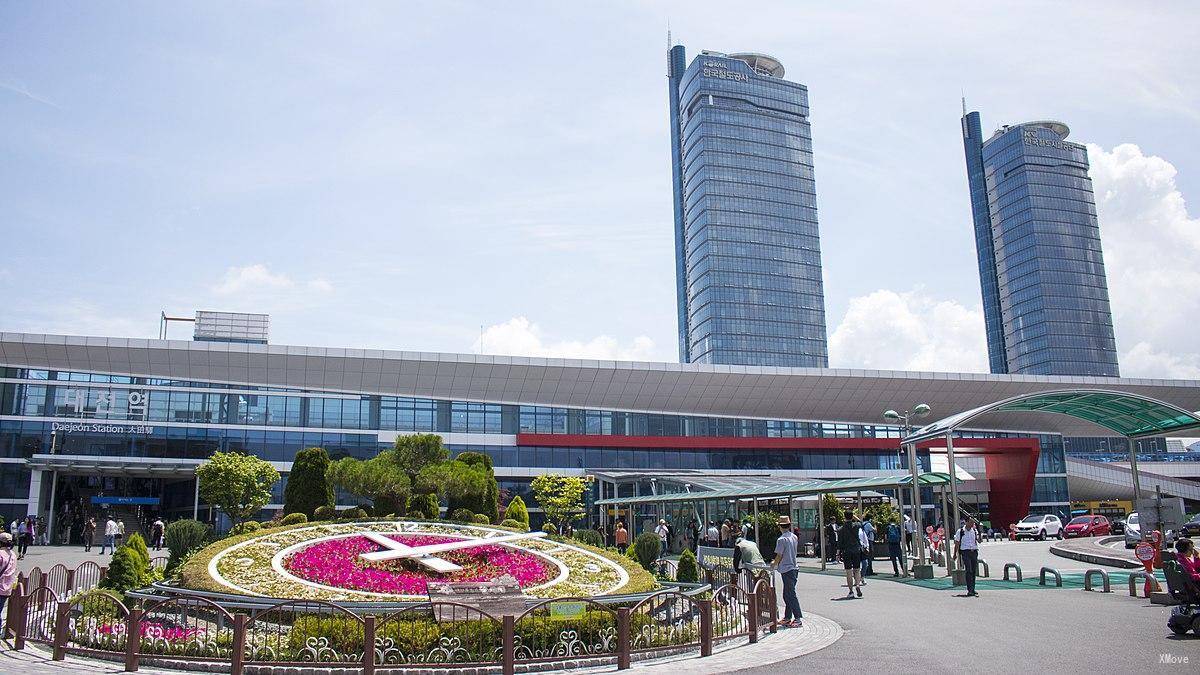Ultimate Guide to Korean Railway

Ultimate Guide to Korea Railway
Trains are one of the best means of transportation when traveling between cities in Korea. South Korean trains are divided into three levels according to the speed of the train and the conveniences in the train: the first level is high-speed railway, including KTX and KTX-Shanchuan trains. The second level is electric EMU, including ITX Youth, ITX Xincun and Nuriro. The third level is diesel EMUs, including Infinity Flower, Xincun, diesel-electric commuter trains and sightseeing trains, and the prices are also different. The Gyeongbu Line and the Honam Line are the main hubs of Korean Railways. In addition, there are Jeolla Line and Gyeongjeon Line that connect Yeosu, Changwon and other regions, and Gyeongui Line, Gyeongchun Line, Jungang Line and Dongh...






